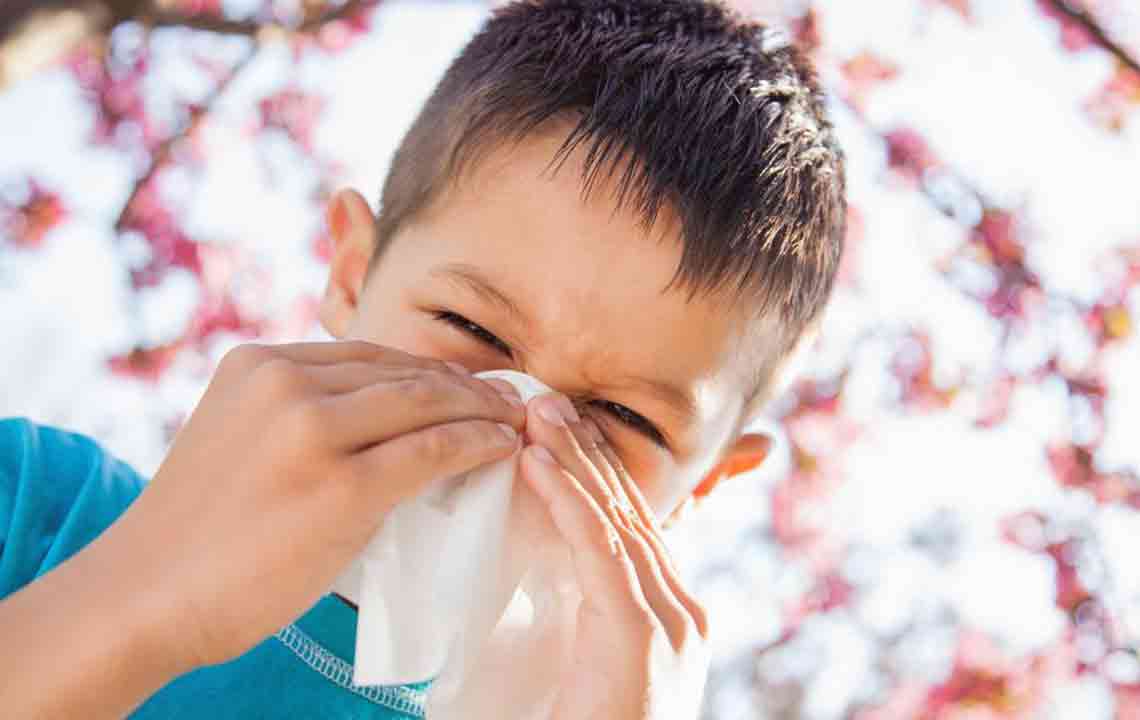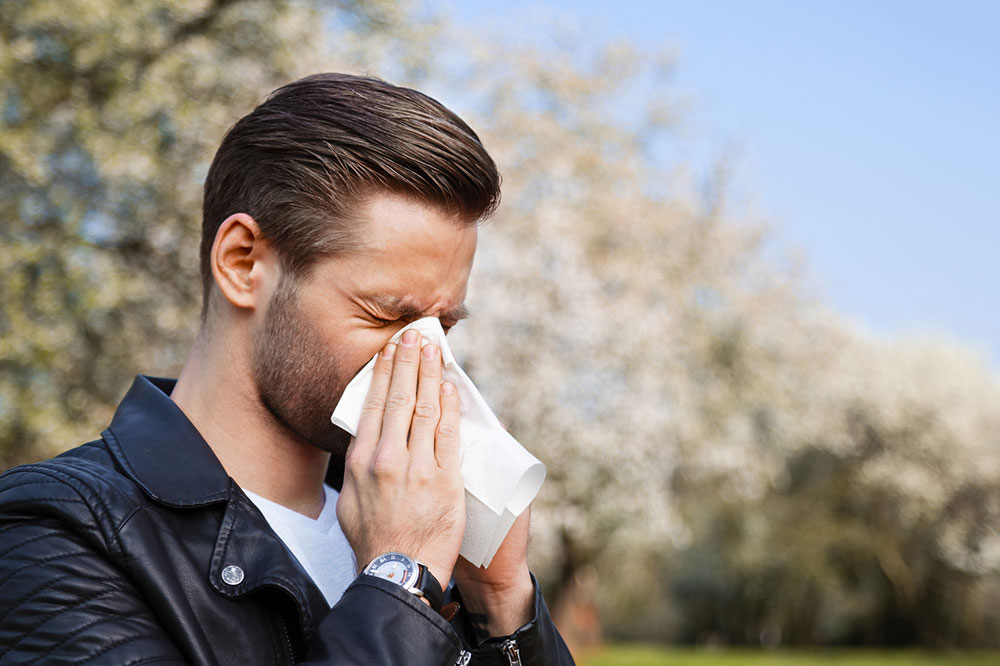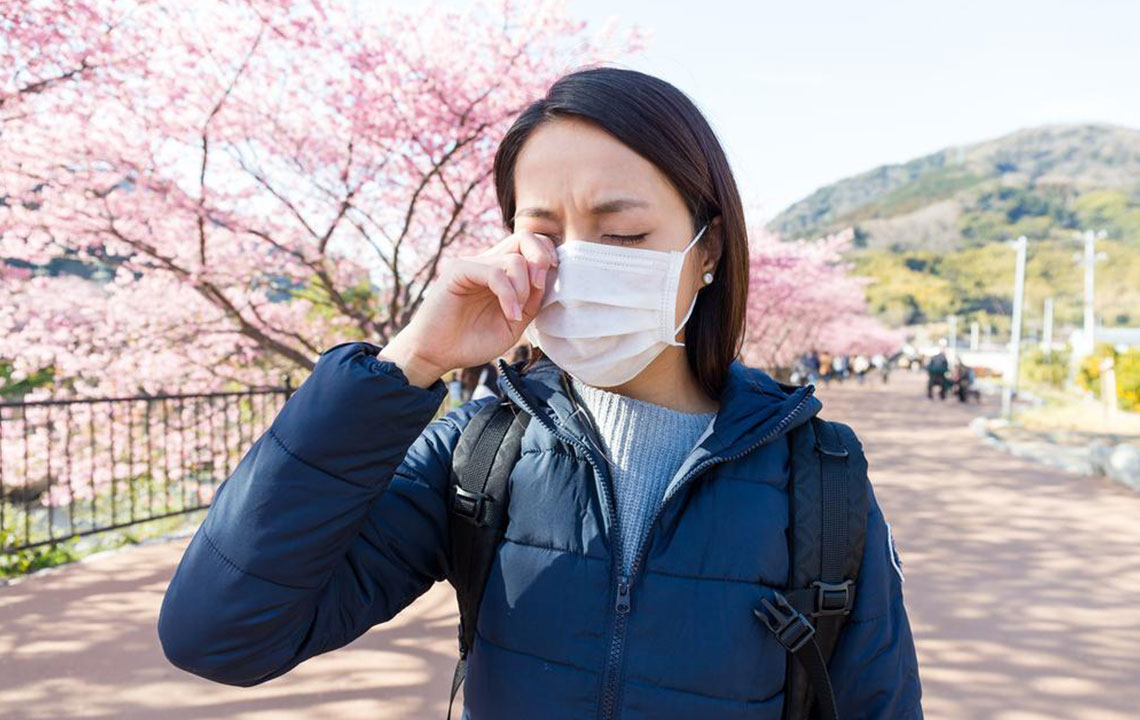Recognizing the Signs of Allergies: What You Need to Know
Learn to identify common allergy symptoms, including nasal congestion, itchy eyes, skin reactions, and severe signs like anaphylaxis. Understanding these symptoms helps in prompt management and avoiding potential health dangers. Recognizing different allergy types, such as respiratory, food, and skin allergies, allows for better prevention and treatment strategies, safeguarding your health effectively.

Understanding Common Allergy Symptoms
Allergic reactions can occur within minutes of allergen exposure, though sometimes symptoms develop hours later. While these reactions often cause discomfort and disrupt daily life, most are mild and manageable. Rarely, a severe response called anaphylaxis can happen, posing serious health risks. Recognizing early signs of allergies is crucial to prevent complications.
Key Indicators of Allergic Responses
Runny or congested nose, associated with allergic rhinitis
Itchy, red, watery eyes, sometimes leading to conjunctivitis
Chest tightness, breathlessness, and coughing
Itchy skin with red, raised hives
Swelling of the lips, tongue, eyes, or face
Stomach ache, nausea, vomiting
Dry, flaky, and sometimes bleeding skin
Symptoms vary depending on the allergen and exposure method. For instance, pollen exposure may cause nasal congestion, while skin contact might lead to rashes. If your child exhibits allergy symptoms, consult a healthcare professional promptly for accurate diagnosis and treatment.
Signs of a Critical Allergic Reaction
In rare cases, allergies may trigger dangerous anaphylactic shock, which affects multiple body systems and can be fatal. Rapid onset of symptoms like throat and mouth swelling, confusion, dizziness, bluish skin, loss of consciousness, and collapse require immediate emergency care. Ignoring these signs can be life-threatening.
Types of Allergies
Allergies come in various forms, including seasonal, food, pet, and others. Here's an overview:
Respiratory Allergies: These impact the respiratory system and include:
Spring Allergies: No complete cure, but preventive measures and medications can help.
Summer Allergies: Caused by pollen, grasses, and weeds; mitigation strategies are available.
Fall & Winter Allergies: Triggers include molds, mites, and pollen, with precautions reducing symptoms.
Hay Fever (Allergic Rhinitis): A common immune response to pollen and mold, affecting over 25 million people, causing sneezing, congestion, and watery eyes.
Food Allergies: Common worldwide, these can cause stomach pain, diarrhea, and other digestive issues when certain foods are consumed.
Skin Allergies: Reactions to substances may result in skin breakout, swelling, itchy bumps, or welts. Some reactions occur underneath the skin, known as angioedema. Given the variety of signs, it’s essential to seek prompt medical advice for accurate diagnosis and management.
Note:
Our blog offers valuable insights across various topics. Use it as an informational resource, but remember, it does not replace professional medical advice. Consult healthcare providers for proper diagnosis and treatment of allergies. The site may not include all available options or the latest updates.










